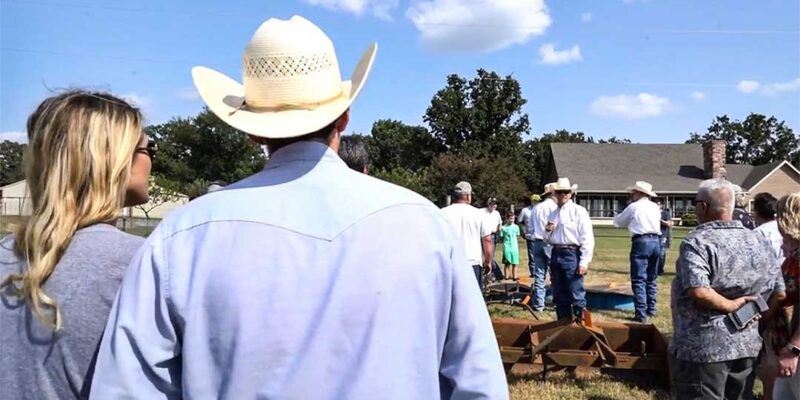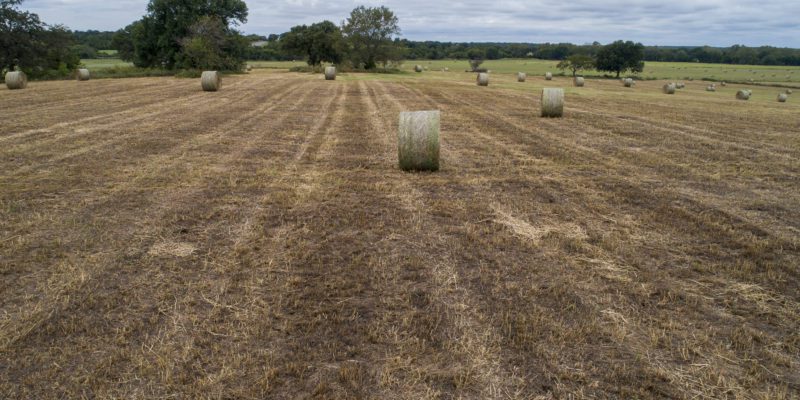Real estate auctions are becoming an increasingly popular method for buying and selling property—especially rural land. Whether you’re a landowner looking for a fast, competitive sale or a buyer searching for value and transparency, understanding the auction process is essential to making informed decisions.
What Is a Real Estate Auction?
A real estate auction is a public sale of property conducted by a licensed auctioneer. It’s a streamlined process used to sell everything from farmland and recreational plots to homes and commercial tracts. Auctions can be held in person, online, or as hybrid events.
Types of Real Estate Auctions
- Absolute Auction – The property is sold to the highest bidder regardless of price, ensuring a sale.
- Reserve Auction – A minimum acceptable price is set. The property only sells if bidding meets or exceeds this amount.
- Foreclosure Auction – Typically held by lenders when an owner defaults on a mortgage. These are often “as-is” sales.
Why Buyers Choose Auctions
- Competitive Pricing – Properties may sell below market value.
- Speed and Simplicity – Auctions close faster than traditional listings.
- Transparency – All bids are public, ensuring a fair and open process.
What Sellers Gain from Auctions
- Certainty – Fixed auction dates create urgency and eliminate long listing periods.
- Control – Sellers set the terms and conditions of sale.
- Market Exposure – Auction marketing campaigns attract qualified buyers ready to act.
“We’ve found that auctions are one of the most efficient ways to bring serious buyers and motivated sellers together—especially in rural markets where traditional listings can stall. The process cuts through the noise and delivers results.”
— Ronn Cunningham, Owner of CJ Real Estate Auctions
Key Considerations for Buyers
- Do Your Homework – Research property details, title issues, and comparable land sales.
- Secure Financing – Many auctions require proof of funds or pre-approval to bid.
- Inspect Early – Properties are typically sold as-is, so take advantage of open houses or inspection periods.
- Know the Rules – Understand the specific auction terms, deposit requirements, and closing timelines.
Tips for Successful Bidding
- Attend Auctions First as an Observer – Get a feel for the pace and strategy.
- Set a Firm Budget – Don’t get caught up in competitive bidding without limits.
- Arrive Early and Ask Questions – Clarify any uncertainties before the auction begins.
Thinking About Selling?
If you’re a rural landowner considering a sale, an auction may offer the speed, exposure, and financial return you’re looking for. Working with a trusted auction firm ensures the right buyers see your property—and bid with confidence.
Want to Learn More? Reach out to Eric johnson or Ronn Cunningham at (918) 550-8118 or Info@CJ-Auctions.com
Source: Cunningham-Johnson Real Estate Auctions












